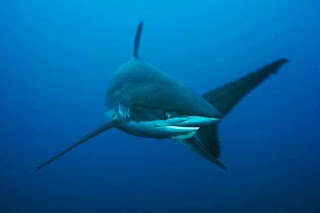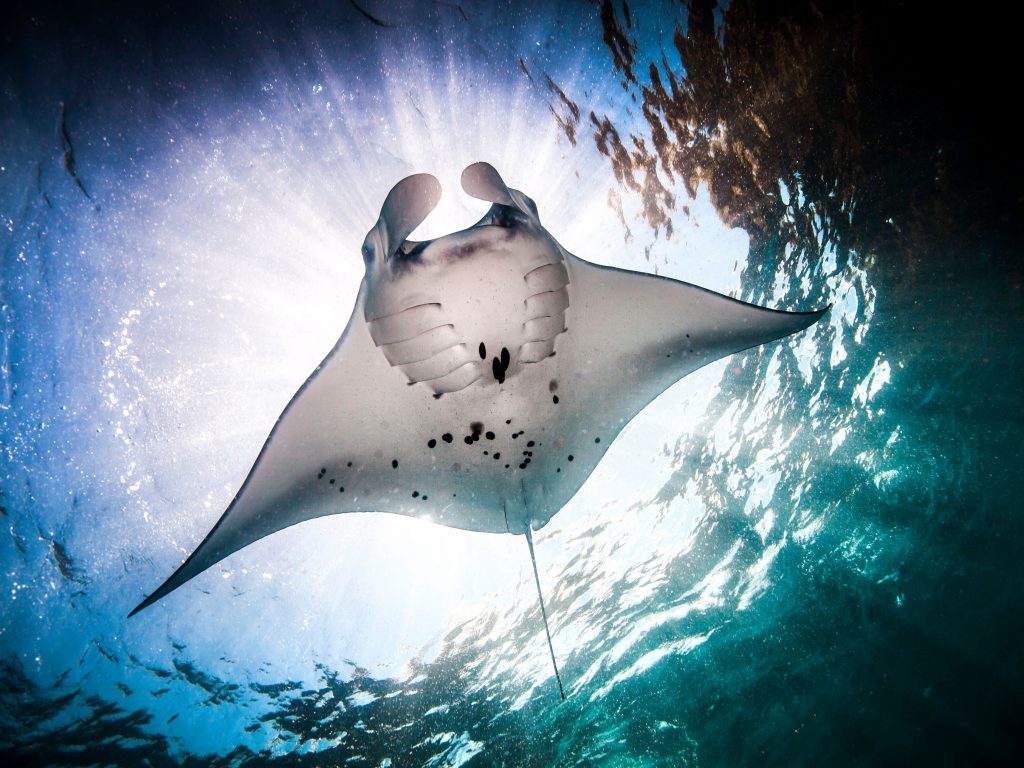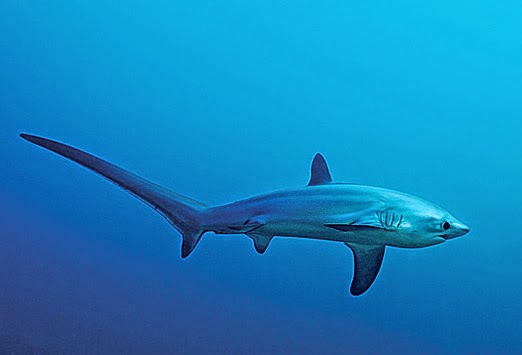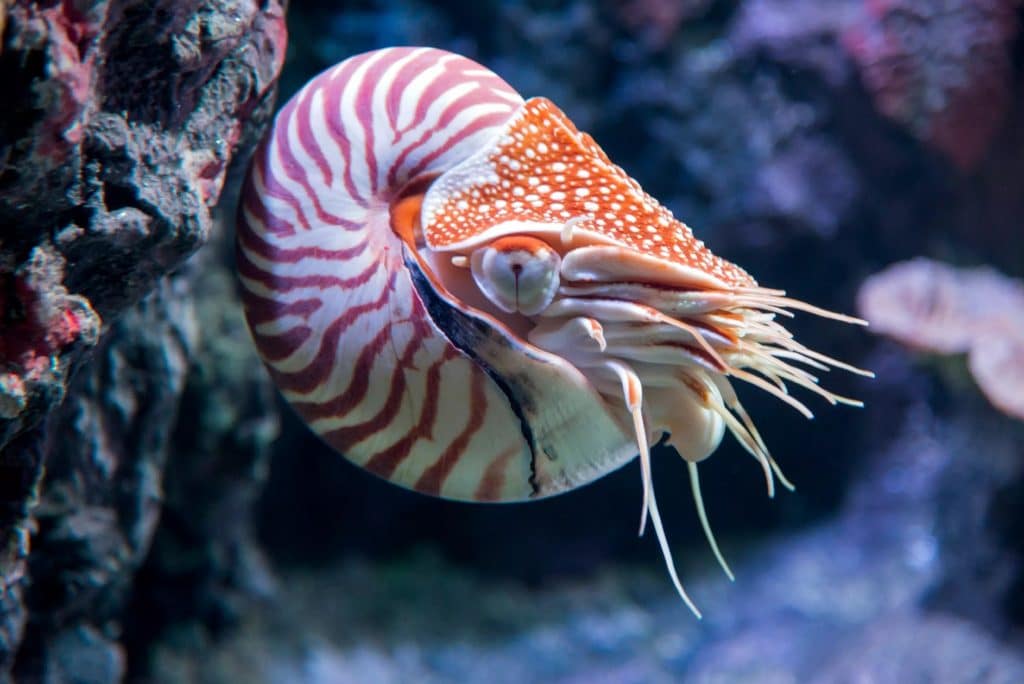At the 2016 Convention on International Trade in Endangered Species (CITES CoP17) in Johannesburg, South Africa, the Sea Save Foundation team was on site and leveraged strong science and bright minds to convince the international assembly to protect five new species, including additional marine megafauna.
CoP17 was a productive meeting in which delegates, for the first time, addressed issues that are key to implementing CITES protections: combating wildlife cybercrime, reducing demand for illegally traded plants and animals, and using enhanced traceability mechanisms to ensure that sharks and rays are harvested legally, from sustainable sources. Most important to Sea Save Foundation, countries demonstrated a growing willingness to protect commercially valuable marine species.
Sea Save’s official position paper, 2016 CITES CoP17 SSF, and tireless advocacy throughout the conference helped place four additional marine animals on Appendix II: Silky sharks, Thresher Sharks, Mobula Ray, and the Chambered Nautilus.
The proposal to add a fifth threatened marine species, the Banggai Cardinal Fish, was withdrawn in response to opposition from its home country Indonesia. Instead, Indonesia committed to implement new conservation measures and to protect the species from unsustainable trade.

The silky shark’s fins are distinctive and valuable in the international shark fin trade. While silky shark populations have declined significantly in many regions, demand for their fins continues to grow. Adding this shark to Appendix II, which regulates how the fins may be traded, will reduce pressure on the species and help it recover.
Mobula rays are a family of migratory animals whose small populations are sparsely distributed across the tropical and temperate oceans of the world. Growing international trade in their gill plates, skins, and cartilage, and unregulated bycatch in fisheries, has reduced their numbers significantly in recent decades. Since Mobula rays are slow to grow and reproduce, they need protection from unsustainable trade to allow their populations to recover.


In a 2014 study, thresher sharks were identified as one of the world’s most vulnerable species due to poor management and the unsustainable shark fin trade. Thresher sharks do not reproduce quickly, making them slow to recover from overexploitation. Without proper monitoring and management, this species faces extinction.
The ornate chambered shell of the nautilus make it a favourite item in souvenir shops worldwide. Unfettered sales had driven species numbers to dangerous lows. All chambered nautilus species were named under Appendix II.

Sea Save Foundation is a 501 (c) 3 nonprofit organization EIN: 20-0403083. We received the GuideStar Platinum seal of approval in GuideStar’s Exchange program, meaning we have obtained their highest rating for transparency and legitimacy as an organization.



